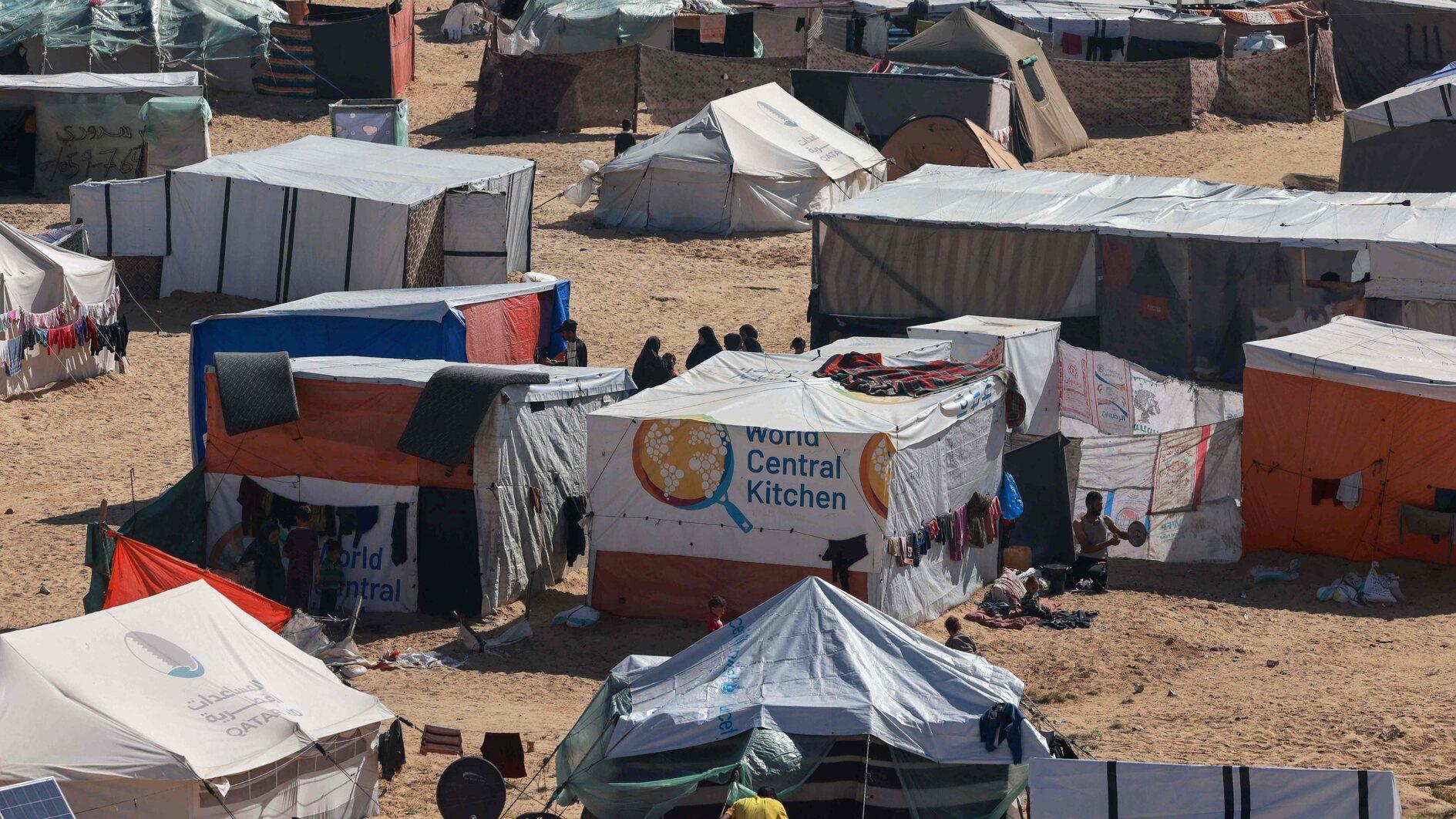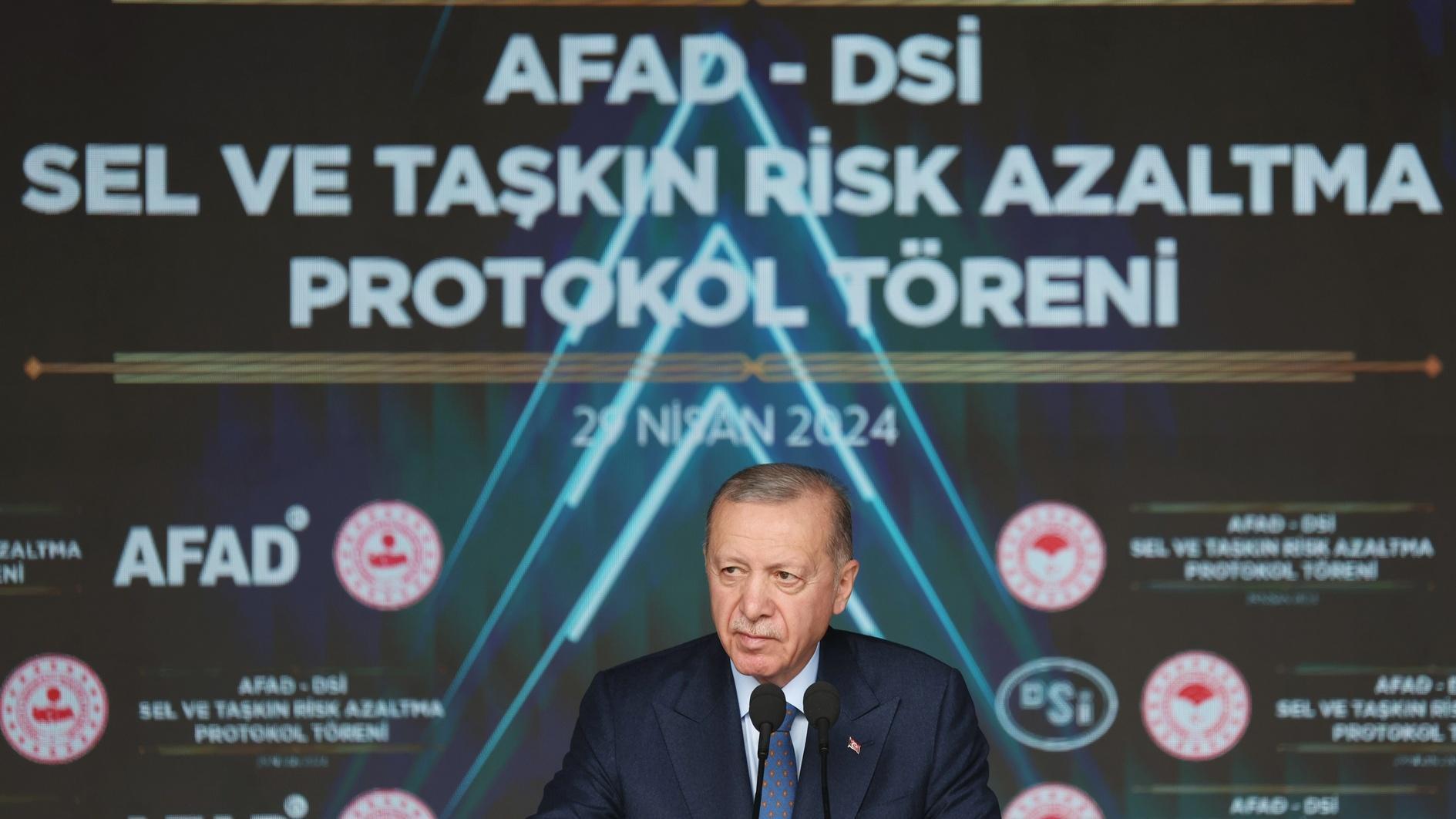Critical days for the Kurdish question
If nothing bad happens, militants from the outlawed Kurdistan Workers’ Party (PKK) will start to leave Turkey on May 8 as declared by the organization’s acting chief, Murat Karayılan, last week; that is in less than a week’s time.
Among the steps that the Turkish government has taken following the Karayılan statement on April 25, there are two worth mentioning most.
The first is the Arbil visit of Hüseyin Çelik, the spokesman for the ruling Justice and Development Party (AK Parti). The other is an extensive tour of inspection by Gen. Necdet Özel, the chief of the Turkish General Staff, to border troops along the Iraqi border.
Prime Minister Tayyip Erdoğan chose not to send his intelligence chief Hakan Fidan or Yunus Demirer, Turkey’s ambassador to Baghdad, to talk to Masoud Barzani, the president of the Kurdistan Regional Government (KRG) in Iraq. He chose to send his party’s deputy chairman (in charge of media affairs) and spokesman to the leadership of the Iraqi Kurds to ask for help in Turkey’s initiative to find a political solution to the country’s painful Kurdish problem. It is not because Çelik’s mother tongue is Kurdish and he is among the few names with whom Erdoğan shares what is going on regarding the initiative. It is mainly because Erdoğan did not want to convey the message through official, that is, government channels, that Ankara needs a bit of understanding regarding some 1,500-2,000 PKK militants to cross the border into Iraq – into KRG territory, to be more precise. For years, Turkish governments have been pressing the Iraqi Kurds to not allow the PKK to maintain a headquarters in the Kandil mountains and other bases near to the Turkish border from which the PKK has conducted bloody cross-border attacks for the last three decades in an armed campaign that has cost some 40,000 lives so far. Now Turkey cannot ask the Iraqi Kurdish authority to officially turn a blind eye to the militants as they could turn into a threat to Barzani’s own security as well. On the day that Çelik arrived in Arbil, KRG Prime Minister Nechirvan Barzani was in Baghdad to talk to Prime Minister Nouri al-Maliki of the central Iraqi government – a much-anticipated visit by Americans and Turks in the hopes of achieving a settlement to a political crisis centered on hydrocarbon deals. Following his visit to Baghdad and Çelik’s visit to Arbil, PM Barzani said Kurds had ended their political boycott of providing members to the Iraqi Cabinet and would also support Turkey’s Kurdish peace initiative without “any interference.”
Right after Çelik’s return to Ankara on the evening of May 1, Erdoğan convened a security meeting after which no statement was made. Erdoğan will get the report from Gen. Özel regarding the situation along the Iraqi border and the evacuation routes of the PKK militants; after all, he had publicly promised that no harm would be given to withdrawing militants provided that they not attack any target from now on. That is why Çelik warned everyone against “provocations” yesterday; a very critical stage of the whole Turkey’s Kurdish peace project is ahead.











